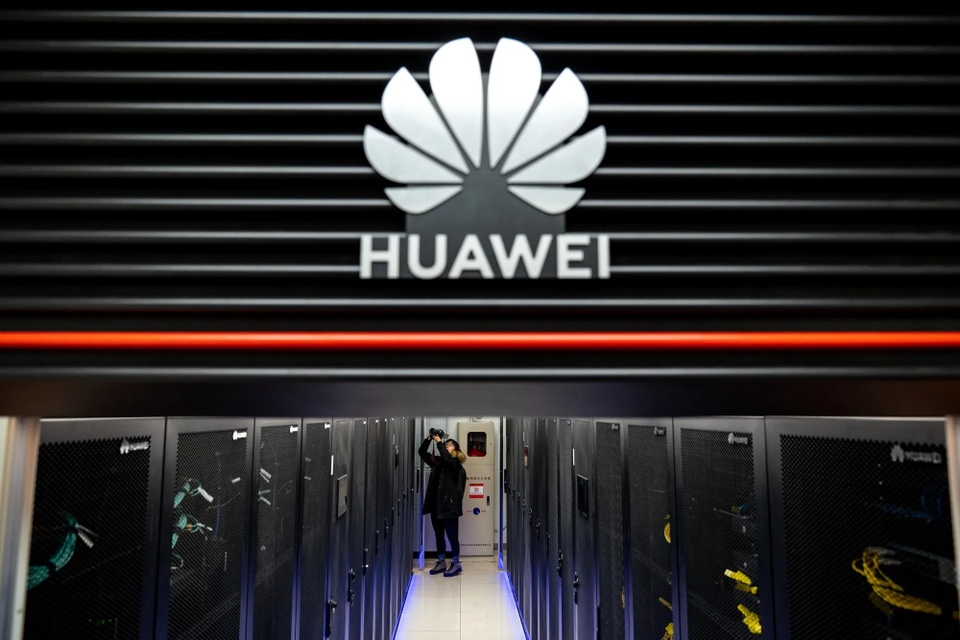 |
Huawei is confident that its new chip line can replace supply from Nvidia. Photo: Bloomberg . |
On April 9, US President Donald Trump extended the ban on AI chip exports to China, including the high-performance Nvidia H20 series. Just one day later, Huawei announced the Ascend 920, its next-generation AI processor, at a partner conference.
DigiTimes Asia reported that the Ascend 920 is expected to enter mass production in the second half of 2025. Additionally, industry experts said it could replace the H20 when China loses access to the product in the near future.
For now, Nvidia’s H20 chips remain a popular choice for Chinese companies, despite being underpowered compared to Nvidia’s latest AI products. The U.S. semiconductor company makes billions selling chips to partners in the country, with sales reportedly growing 50% each quarter.
However, Nvidia has suffered a huge loss after the latest US AI chip export ban, with losses that could reach up to $5.5 billion .
On the contrary, this is a big opportunity for Huawei, which has been working for years to catch up with Nvidia. The company's current AI chip, the Ascend 910C, offers about 60% of the inference performance of the Nvidia H100.
On the other hand, the next-generation Ascend 920 will use a 6nm process, is expected to surpass 900 TFLOPs (one trillion floating-point operations per second) and boast 4 TB/s of memory bandwidth when using HBM3 modules. Furthermore, the 920C variant built for the Transformer and Mixture of Experts models is reported to offer around 30-40% performance improvement over the previous generation.
Huawei's unveiling of the Ascend 920 took experts by surprise, especially since it came so soon after the White House announced the ban. The expansion of export controls has been in the works for months, so Huawei has had to consider many solutions to find its own "way out".
Alongside the Ascend 920, the Chinese company also introduced the CloudMatrix 384 AI solution. This rack-scale engine offers higher performance than the Nvidia GB200, but at the cost of higher power consumption. Still, it is likely to attract attention from Chinese companies, especially as neighboring countries like Singapore and Malaysia are cracking down on semiconductor smuggling.
Source: https://znews.vn/buoc-ngoat-cua-huawei-trong-nganh-chip-post1547780.html


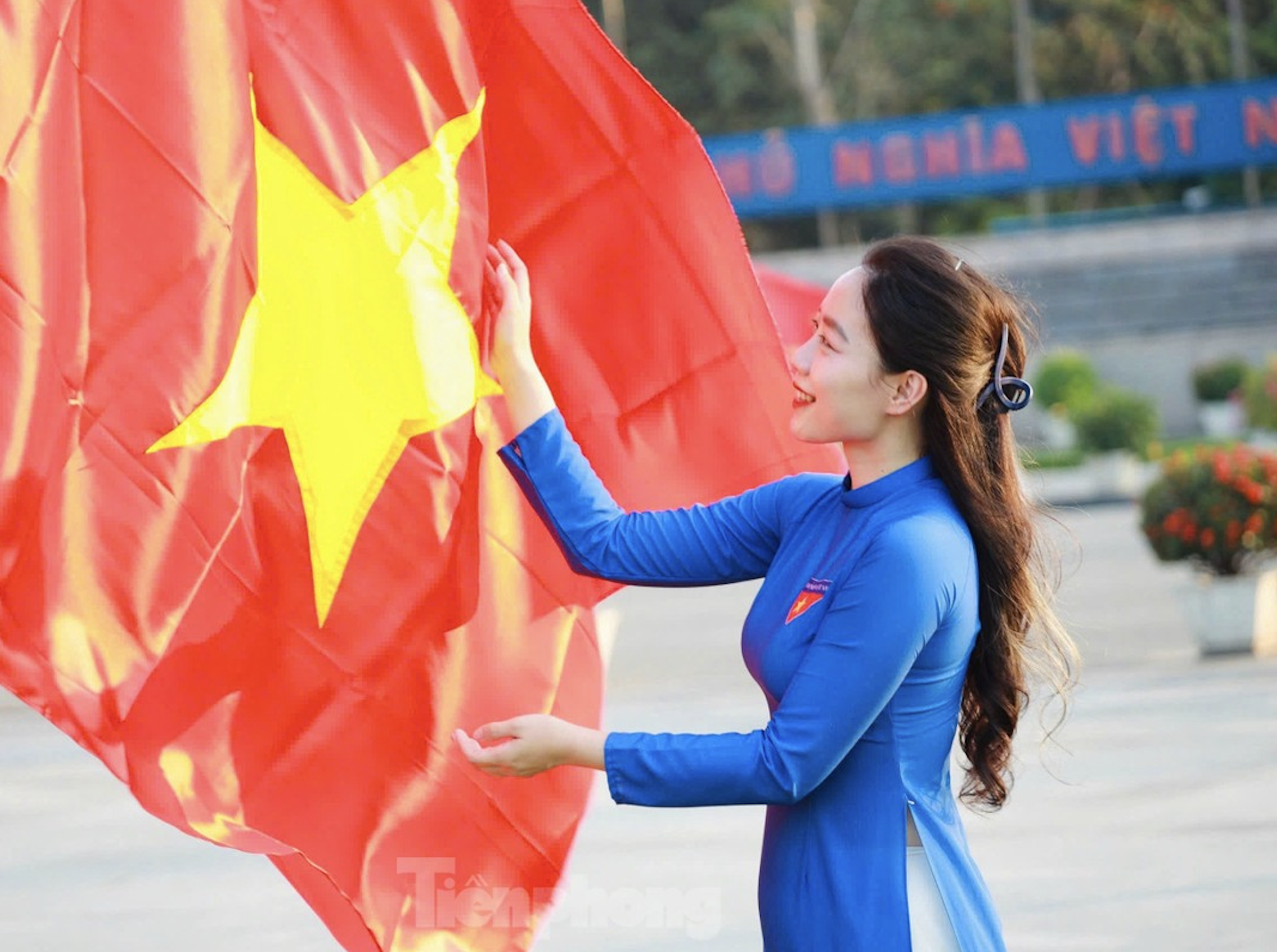
![[Photo] Signing ceremony of cooperation and document exchange between Vietnam and Japan](https://vstatic.vietnam.vn/vietnam/resource/IMAGE/2025/4/28/e069929395524fa081768b99bac43467)
![[Photo] Special supplement of Nhan Dan Newspaper spreads to readers nationwide](https://vstatic.vietnam.vn/vietnam/resource/IMAGE/2025/4/28/0d87e85f00bc48c1b2172e568c679017)
![[Photo] Prime Minister Pham Minh Chinh receives Cambodian Minister of Commerce](https://vstatic.vietnam.vn/vietnam/resource/IMAGE/2025/4/28/be7f31fb29aa453d906df179a51c14f7)

![[Photo] A long line of young people in front of Nhan Dan Newspaper, recalling memories of the day the country was reunified](https://vstatic.vietnam.vn/vietnam/resource/IMAGE/2025/4/28/4709cea2becb4f13aaa0b2abb476bcea)
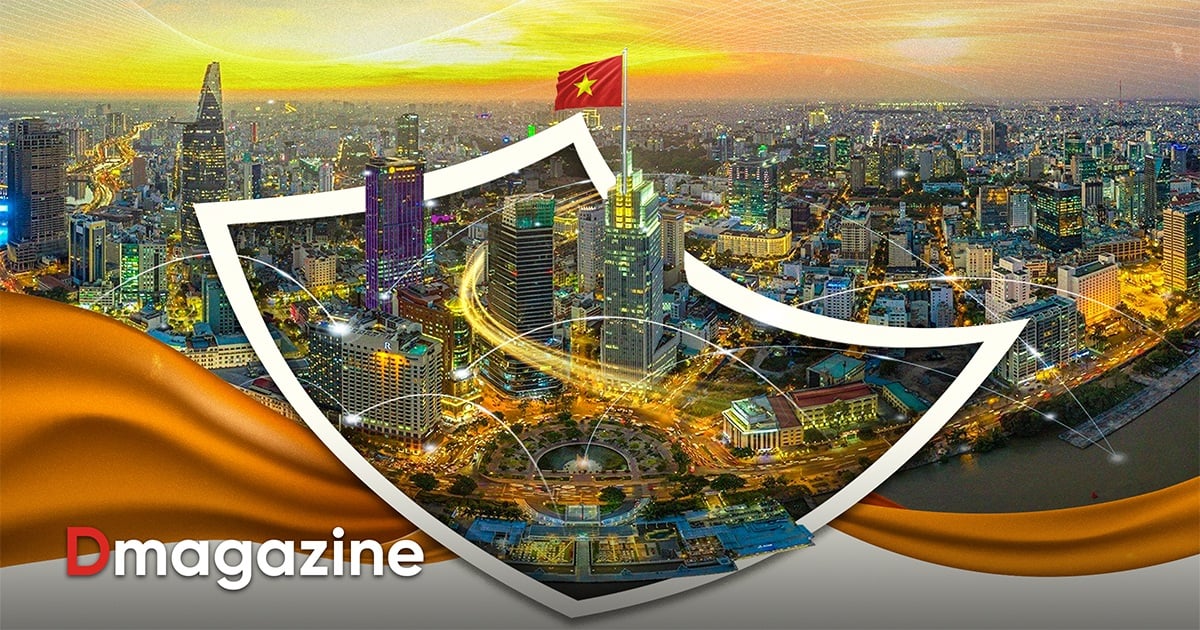
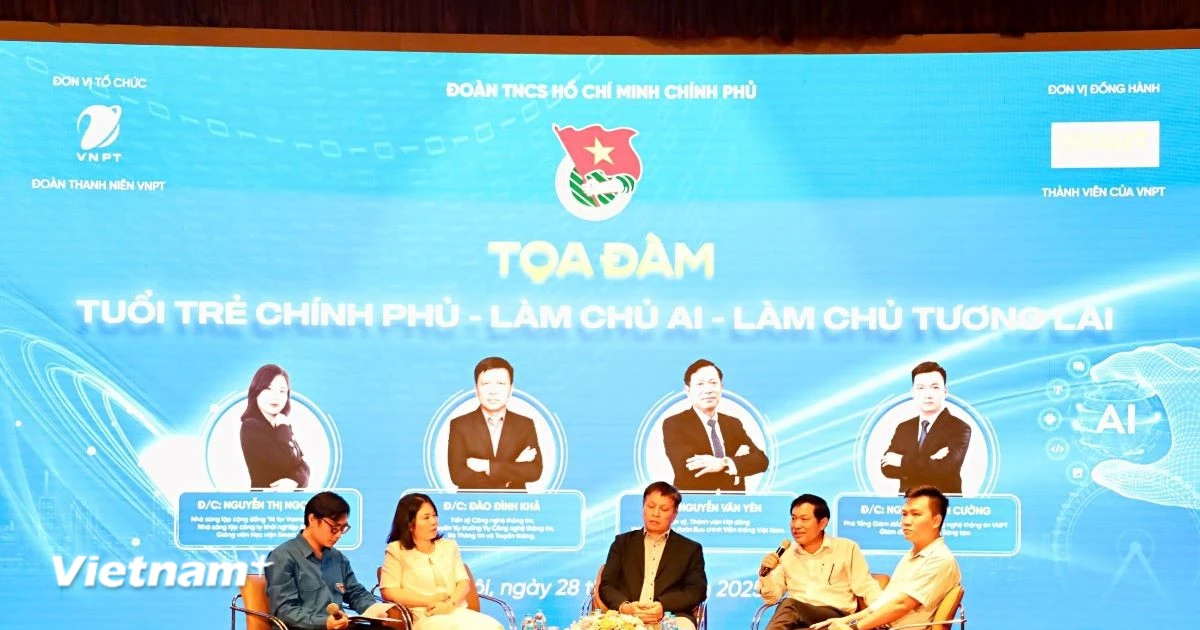
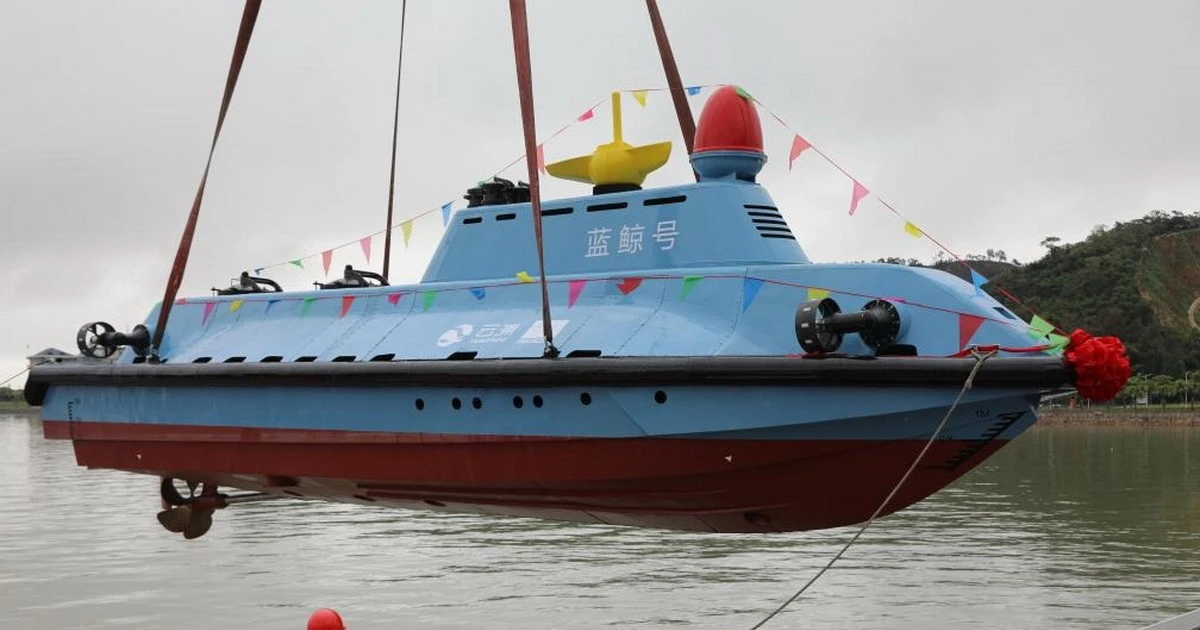


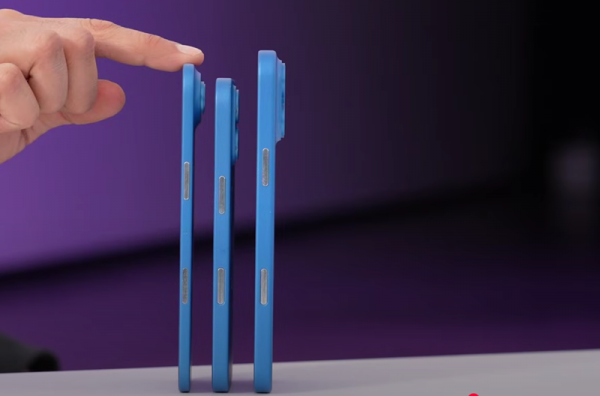

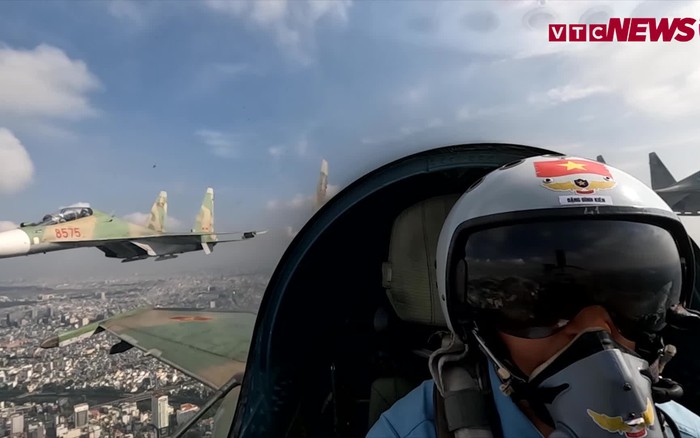
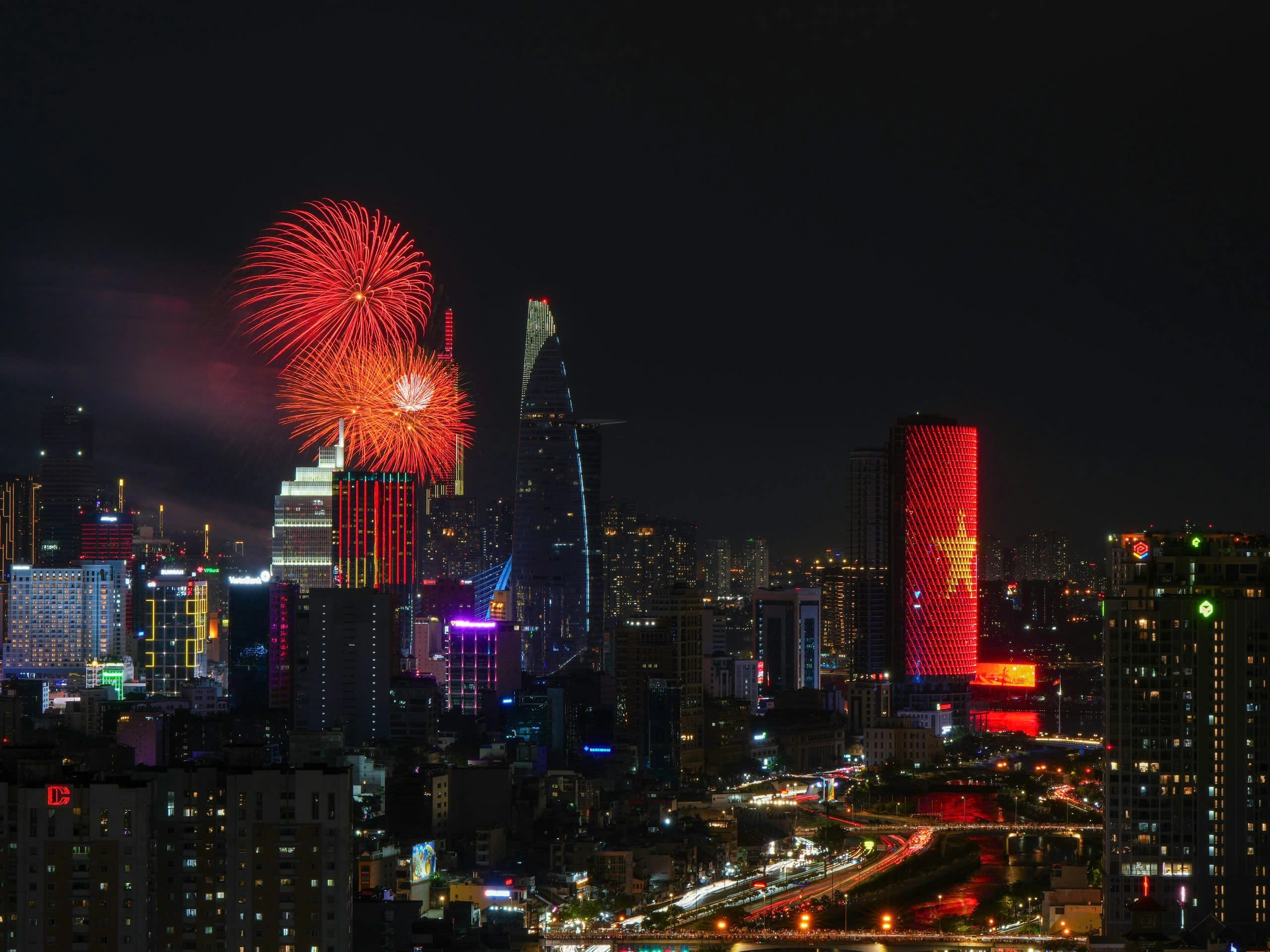
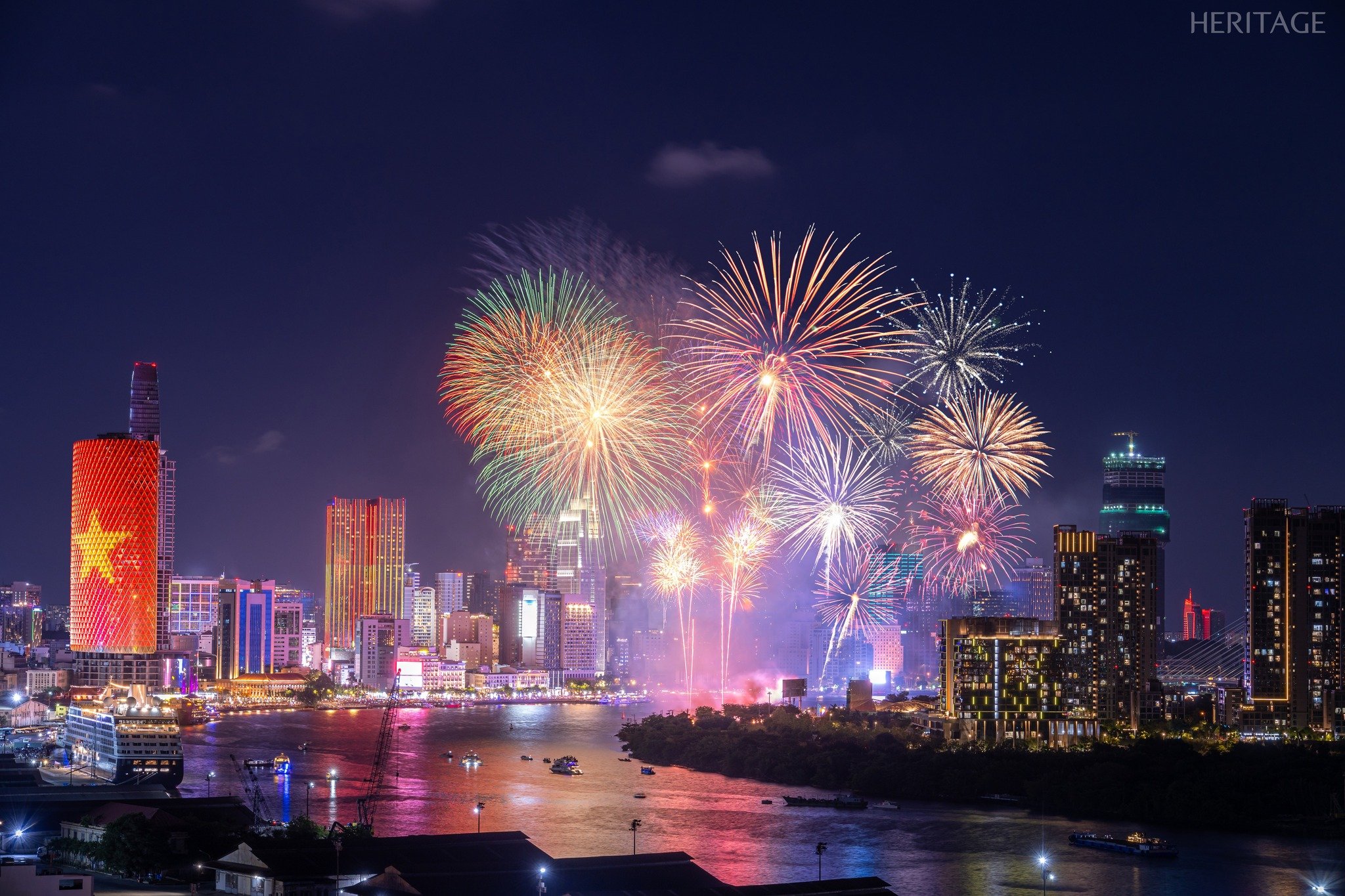






![[Photo] People lined up in the rain, eagerly receiving the special supplement of Nhan Dan Newspaper](https://vstatic.vietnam.vn/vietnam/resource/IMAGE/2025/4/28/ce2015509f6c468d9d38a86096987f23)




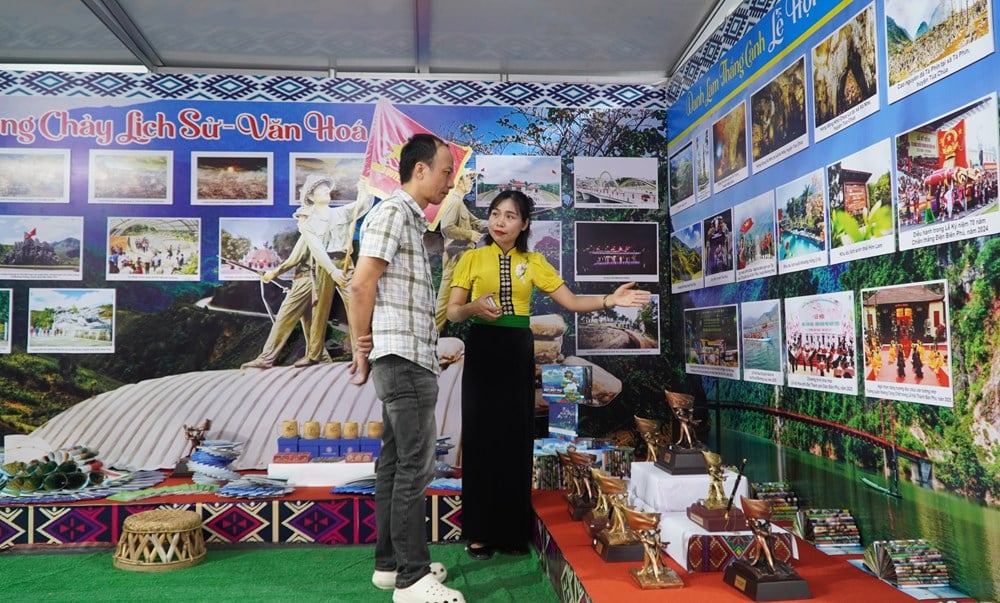


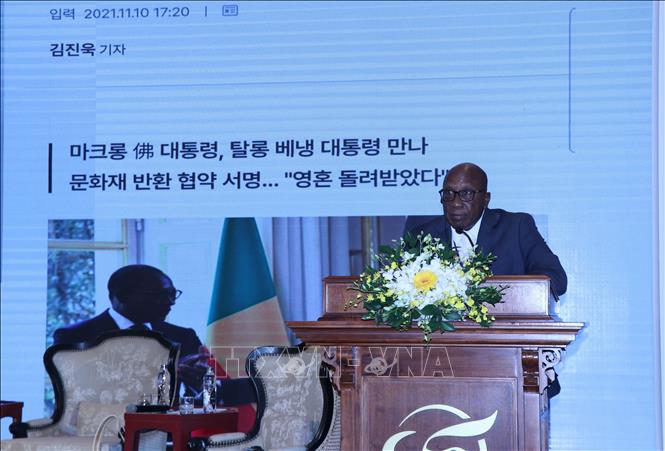

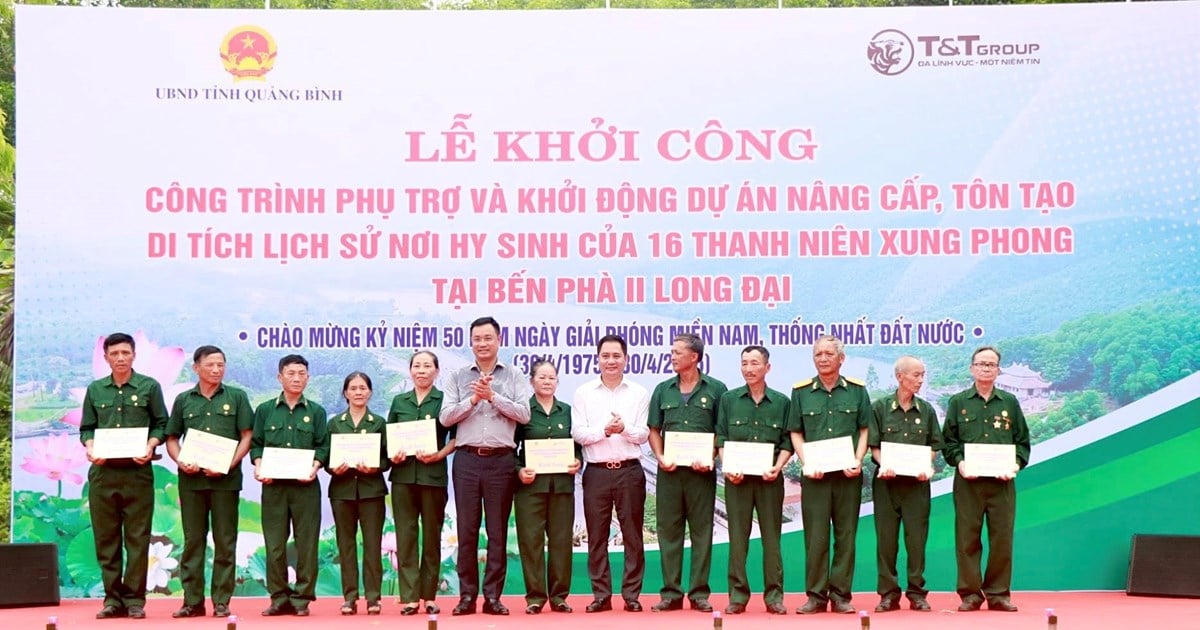
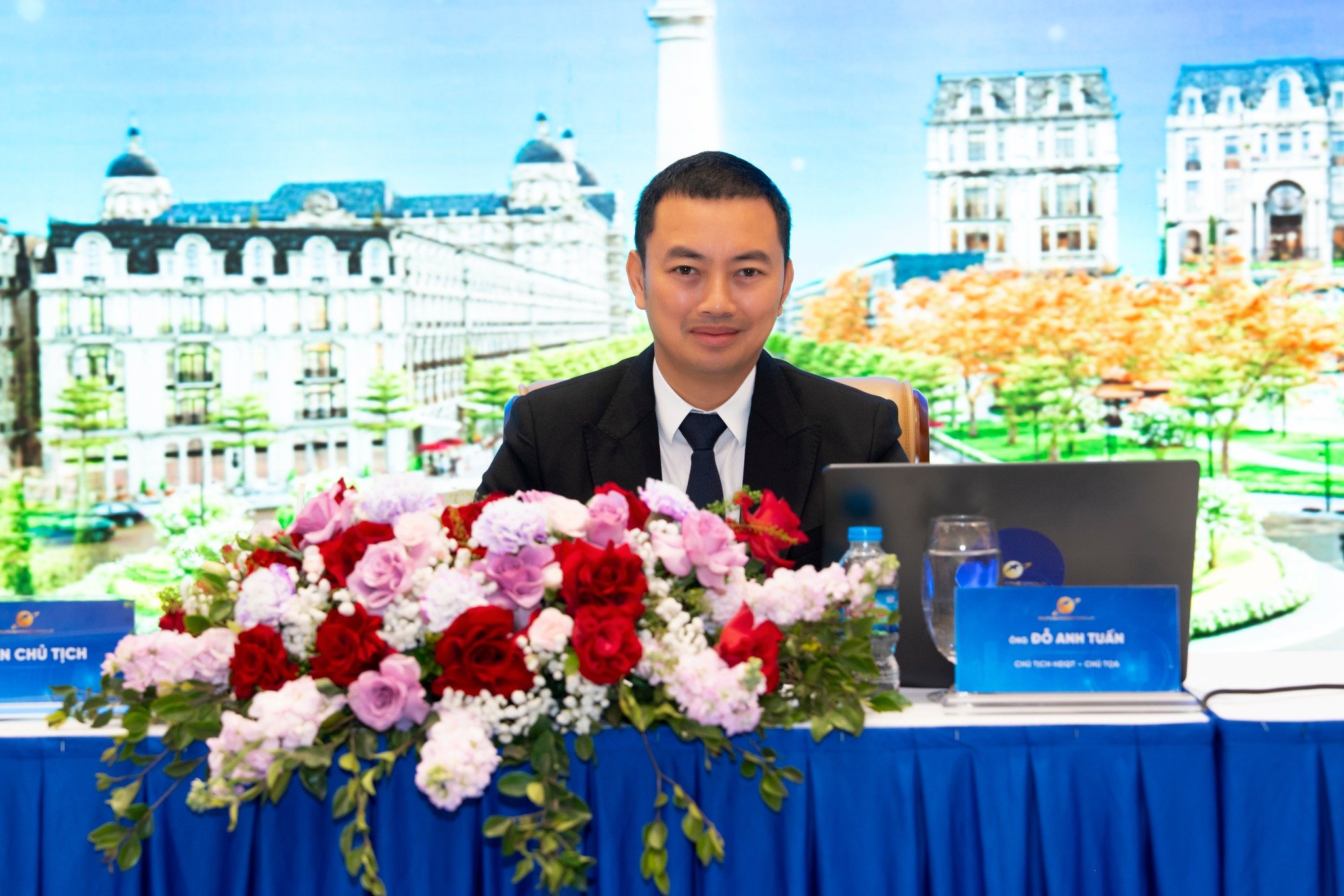

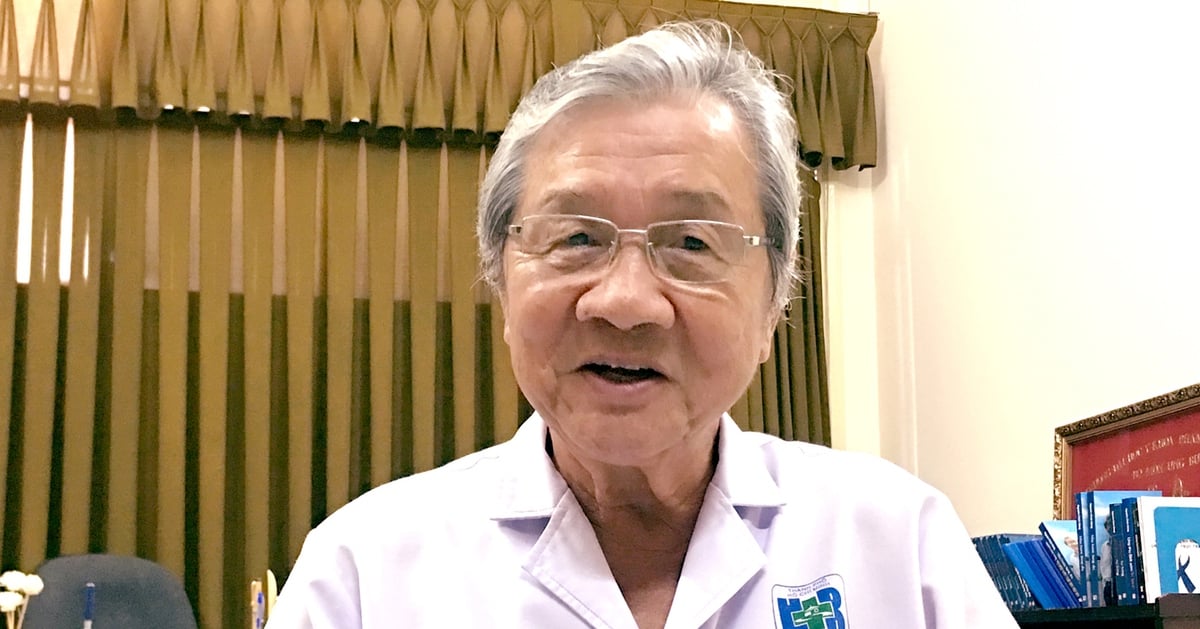





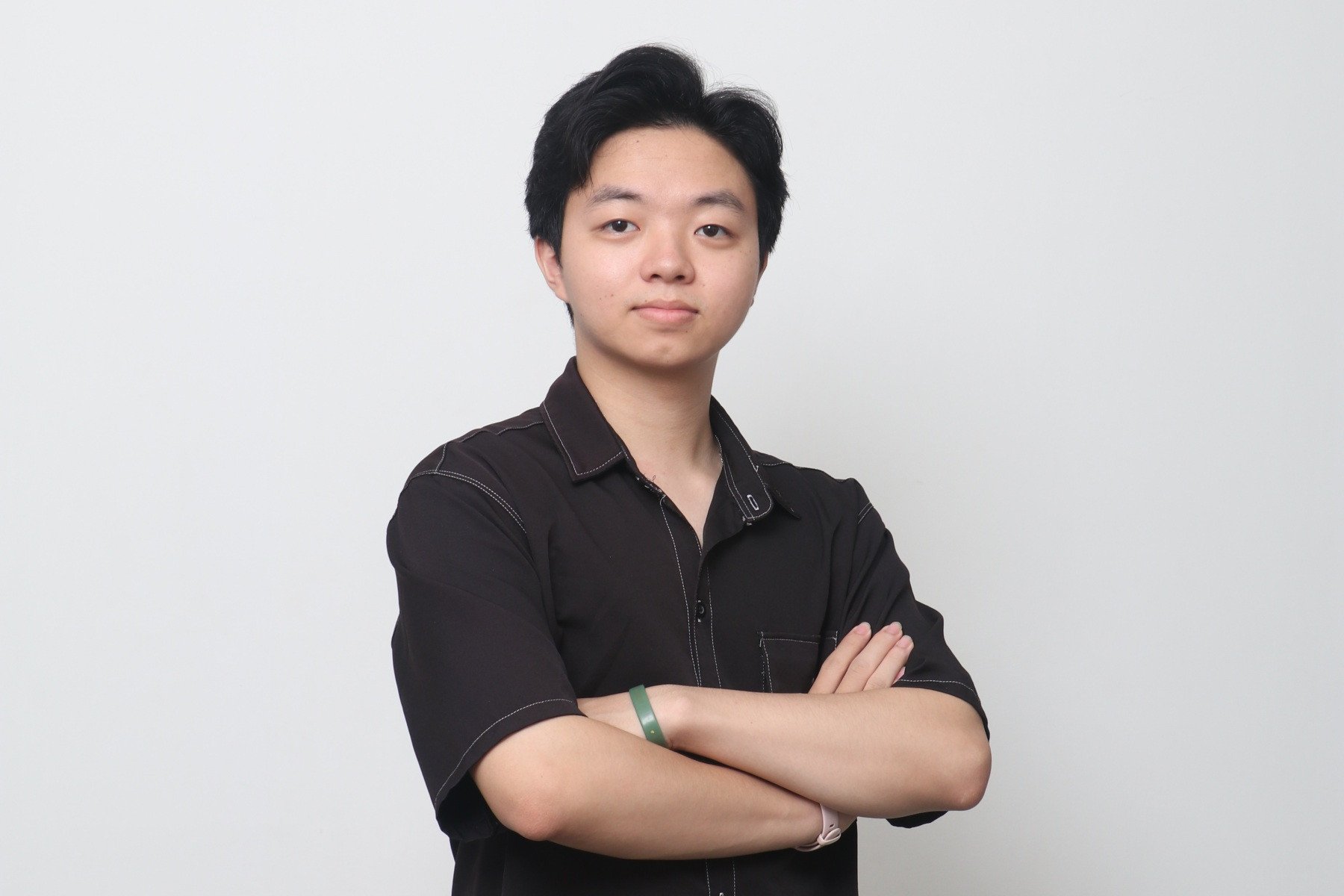



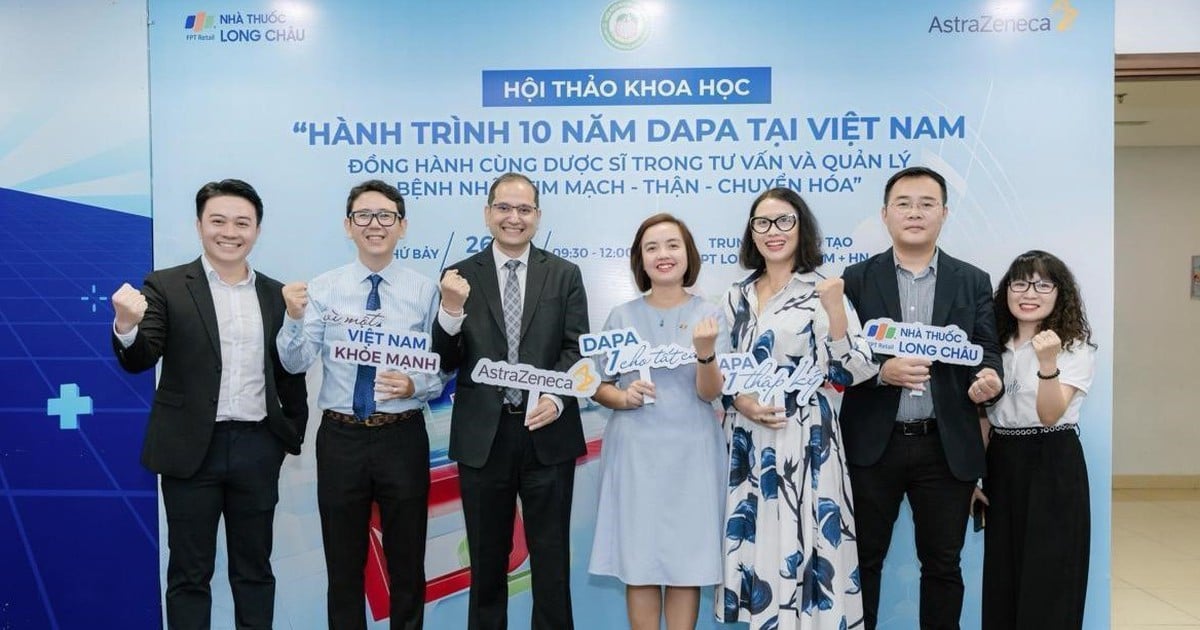
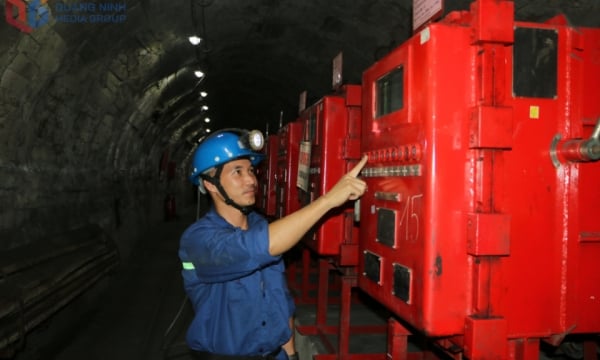



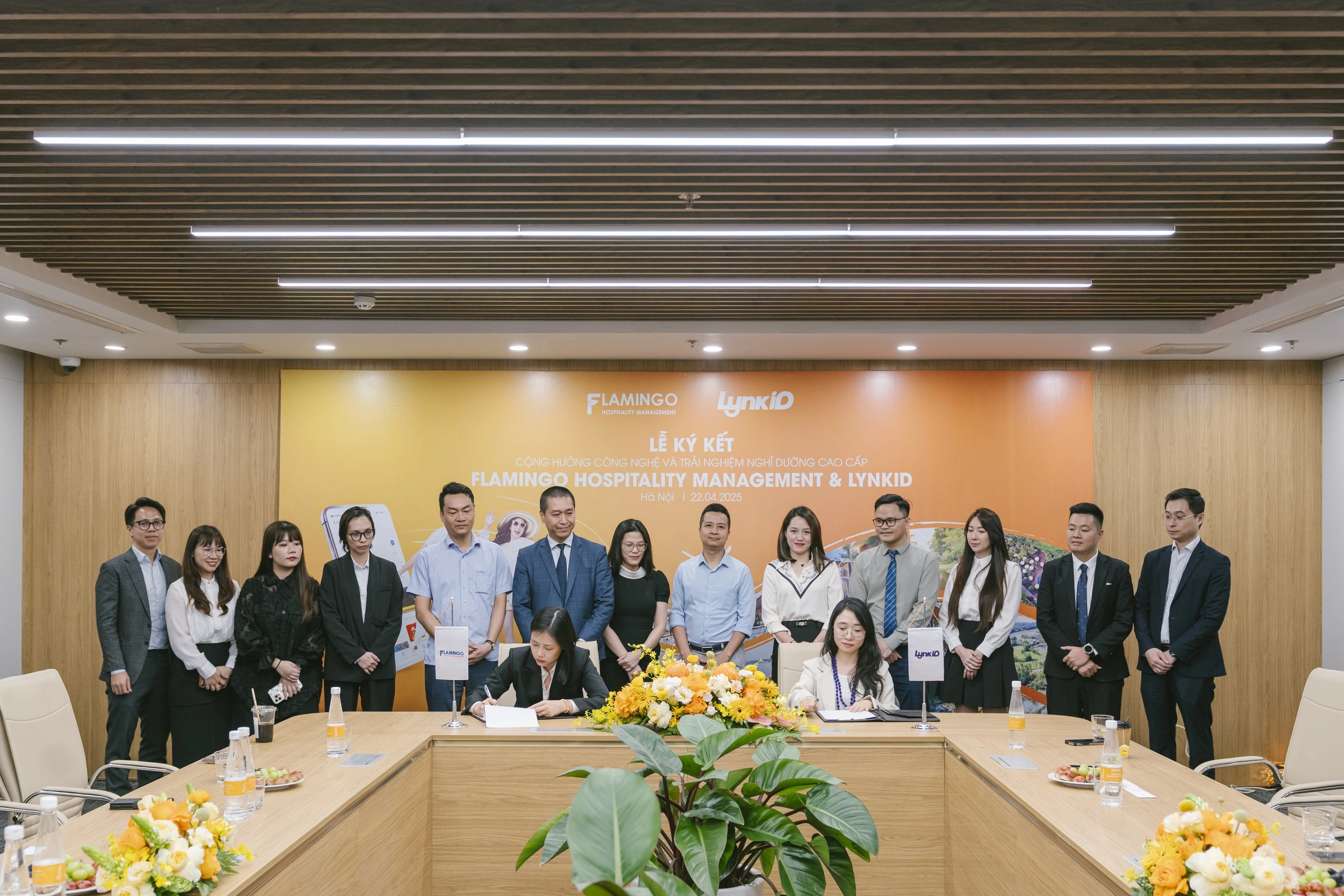
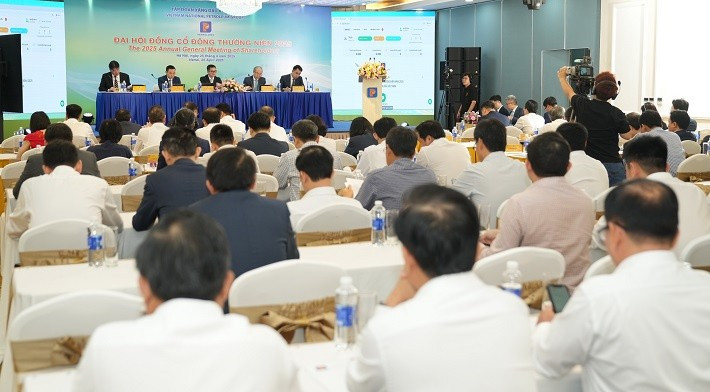

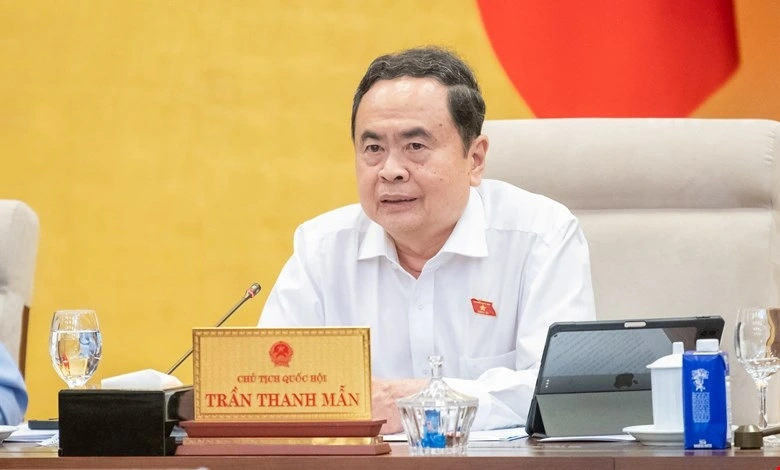

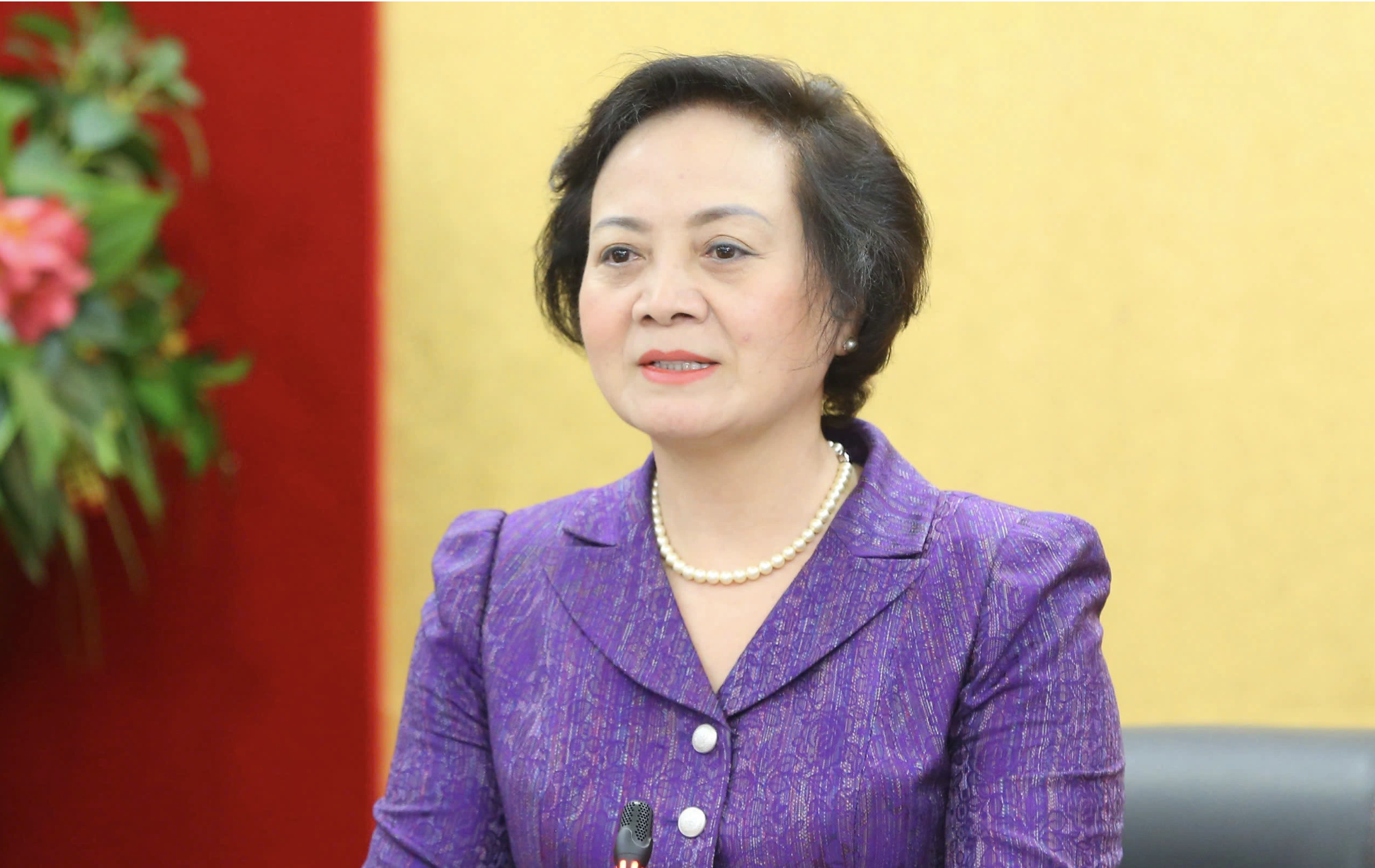
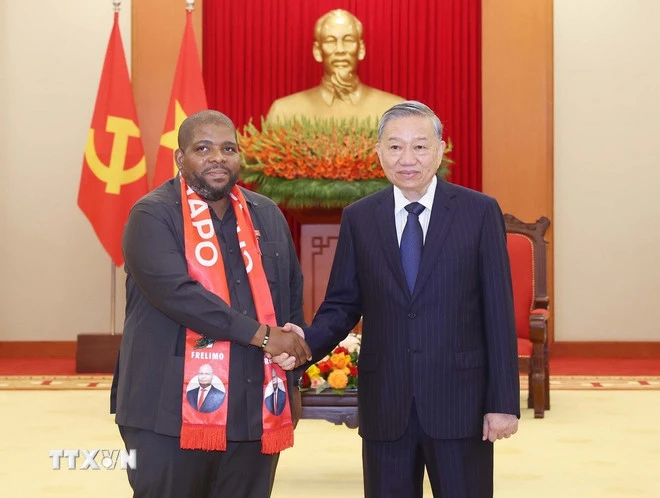

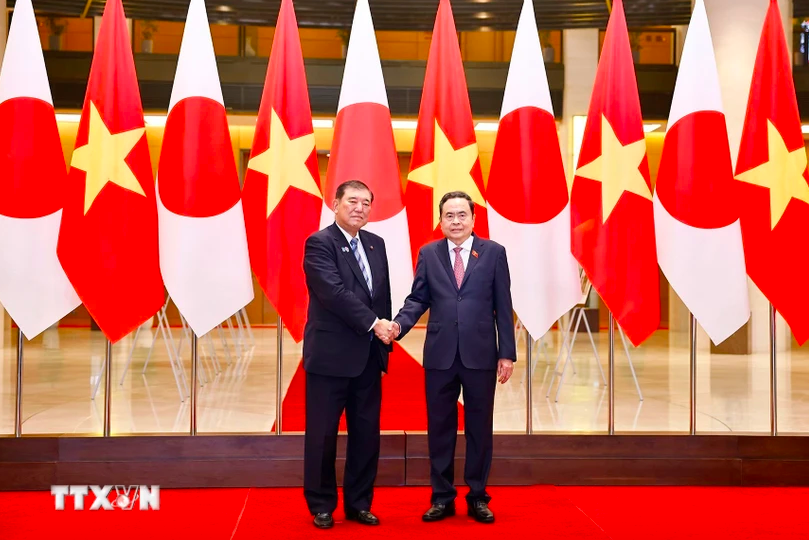

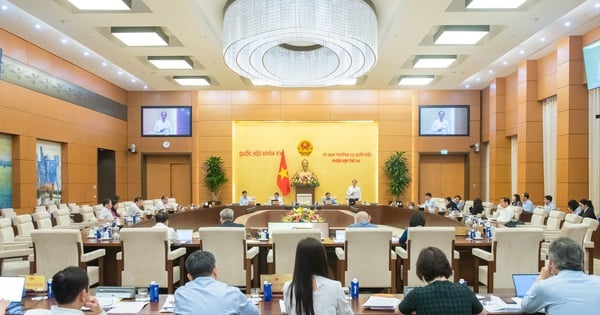


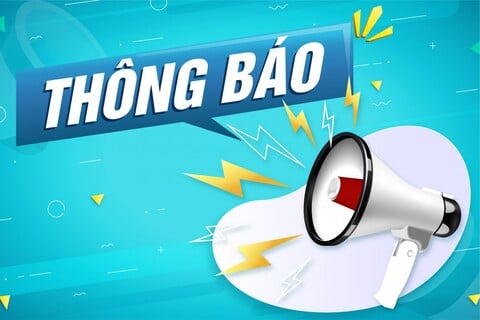

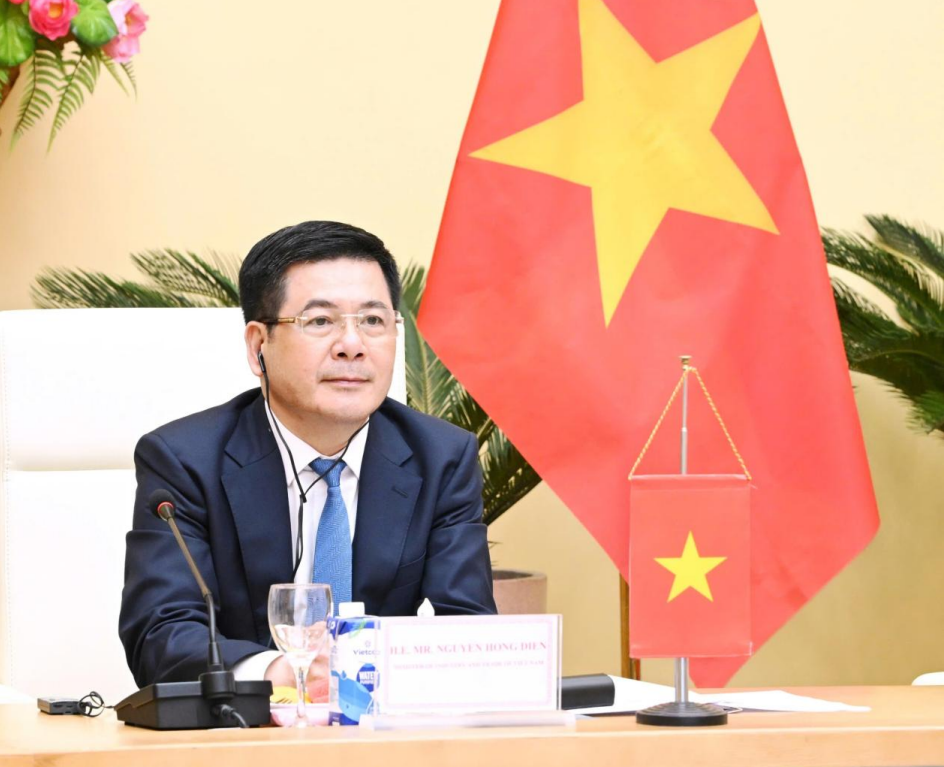
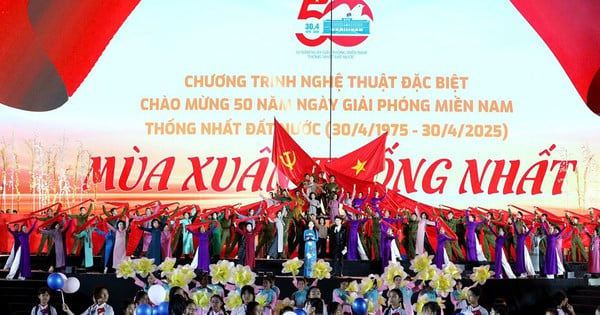
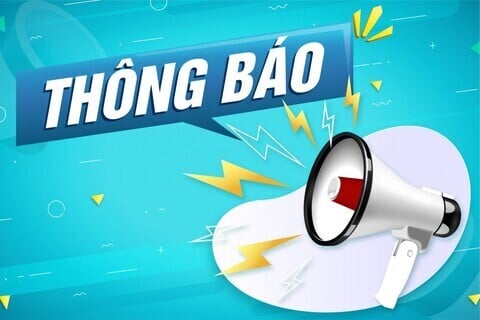
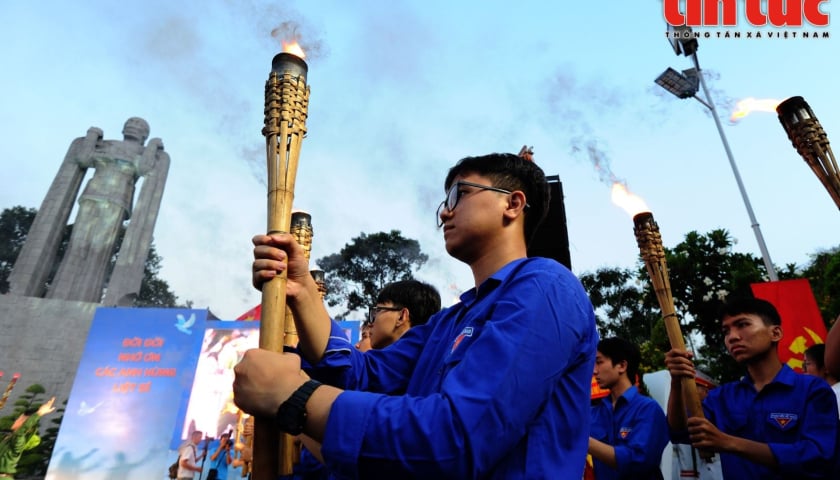

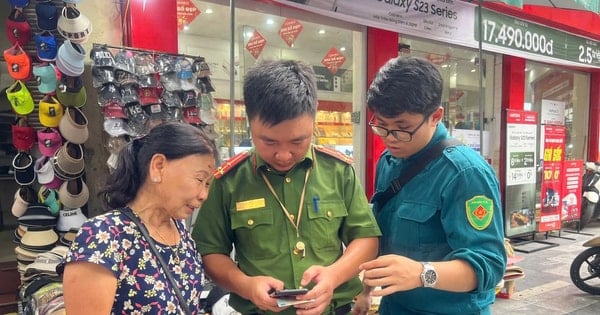


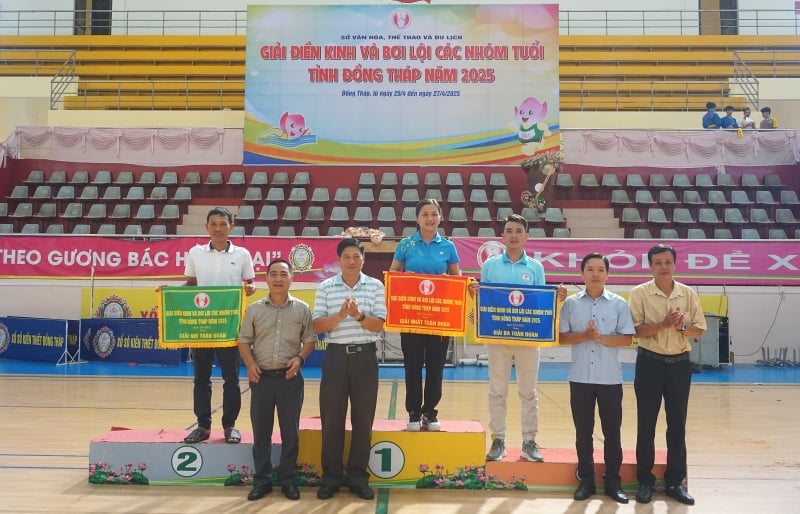

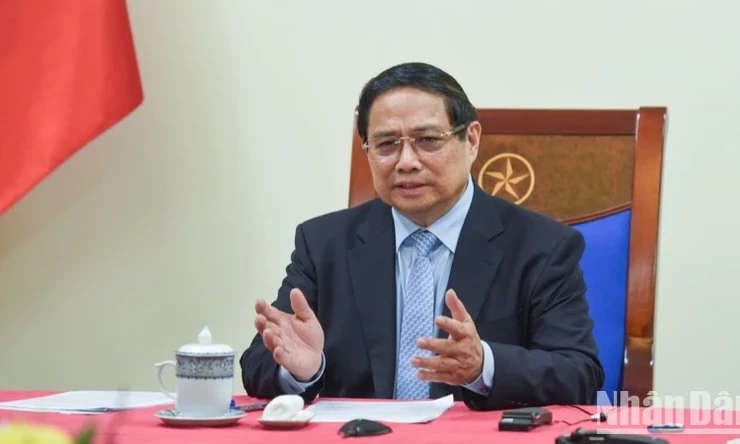



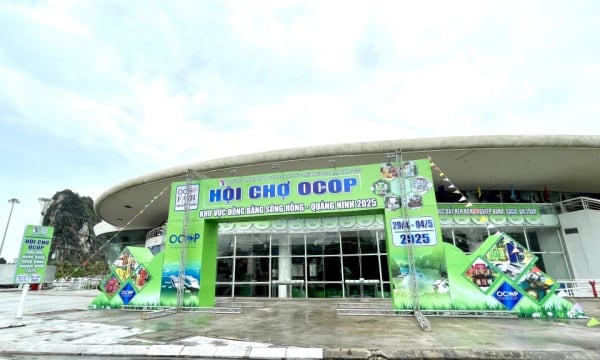
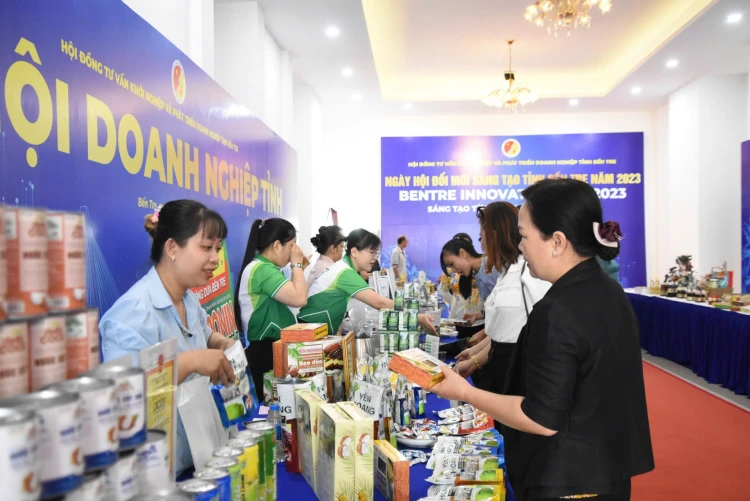




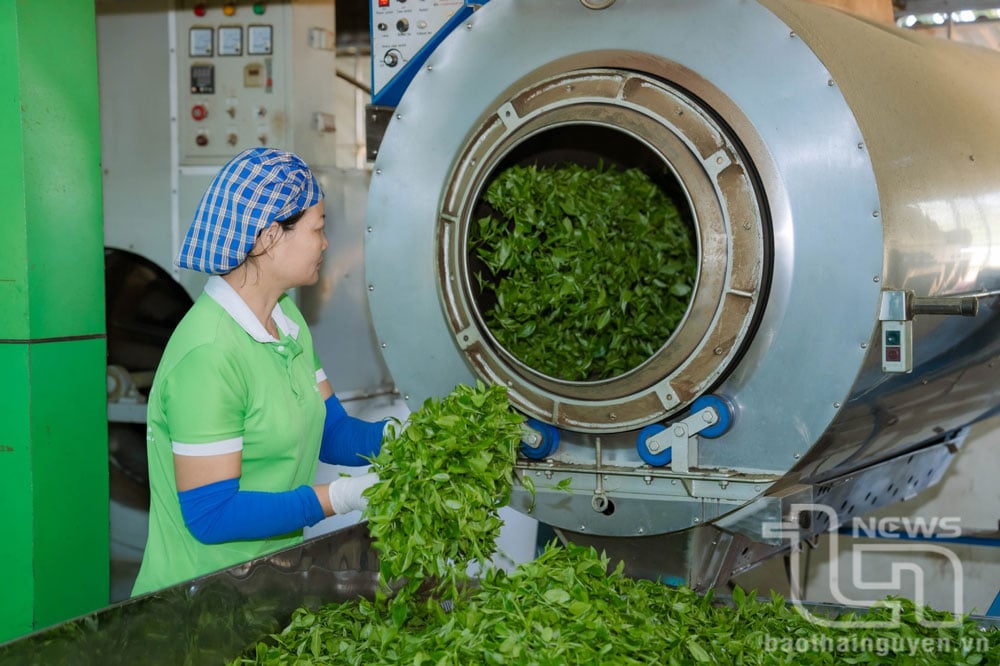

Comment (0)